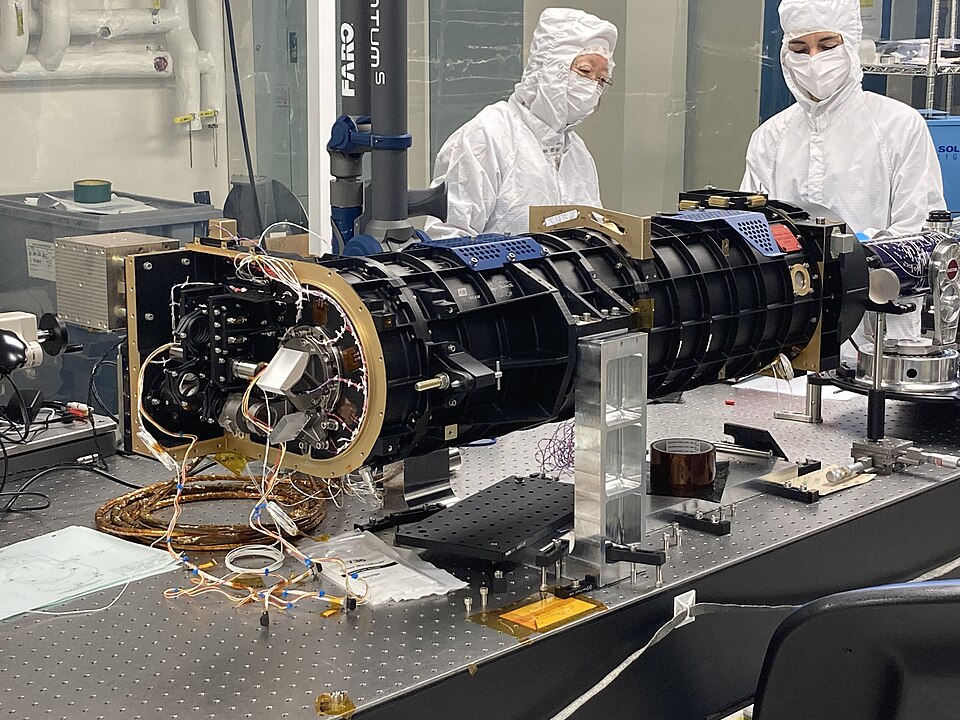Study Reveals Genetic Bottlenecks in Pandemic Cholera Strain Emergence

A groundbreaking study conducted by the Genomics and Microbial Evolution Group at Miguel Hernández University of Elche (UMH), in collaboration with the Department of Host-Microbe Interactions at St. Jude Children's Research Hospital in Memphis, sheds light on the perplexing question of why only certain strains of the bacterium Vibrio cholerae evolve into pandemic pathogens. Published in the esteemed journal Proceedings of the National Academy of Sciences on June 30, 2025, the research presents significant insights into the genetic mechanisms governing cholera outbreaks.
The study, led by researcher Mario López Pérez and Professor Salvador Almagro-Moreno of St. Jude, analyzed over 1,840 genomes of Vibrio cholerae. The results revealed the existence of eleven distinct phylogenetic clusters, with pandemic strains residing within the largest cluster that shares lineage with environmental strains. Notably, the emergence of pandemic strains is contingent upon specific genetic configurations and the acquisition of unique gene clusters, such as CTXφ and VPI-1, which collectively enhance the bacterium's ability to colonize the human intestine.
According to Dr. López, “The genetic traits that enable V. cholerae to infect humans don’t benefit the bacteria in their natural aquatic environment.” This observation underscores the complexity of cholera’s pathogenic evolution, where environmental strains, despite their genetic diversity, often lack the necessary adaptations to trigger pandemics.
The implications of this research are profound. Cholera, endemic in regions with inadequate water and sanitation infrastructure, can lead to severe health crises, characterized by rapid dehydration and high mortality rates if untreated. The study emphasizes that understanding the genetic bottlenecks can lead to more effective public health strategies for predicting and preventing future cholera outbreaks.
Funding for this research was provided by the U.S. National Science Foundation and the Burroughs Wellcome Fund, alongside support from Spain’s MICRO3GEN project, which aims to enhance microbial research capabilities.
In light of the findings, Dr. López suggests that the analytical models established in this study could extend to other environmental bacteria, potentially aiding in understanding how pathogenic strains emerge from non-pathogenic populations. This opens avenues for refined surveillance of strains with pandemic potential, which is crucial for future global health preparedness.
The study not only contributes to the existing body of knowledge regarding Vibrio cholerae but also serves as a critical reminder of the importance of genomic studies in public health initiatives. As cholera continues to pose a risk in vulnerable regions, the insights gained from this research could play a vital role in addressing the challenges posed by this infectious disease.
Advertisement
Tags
Advertisement





